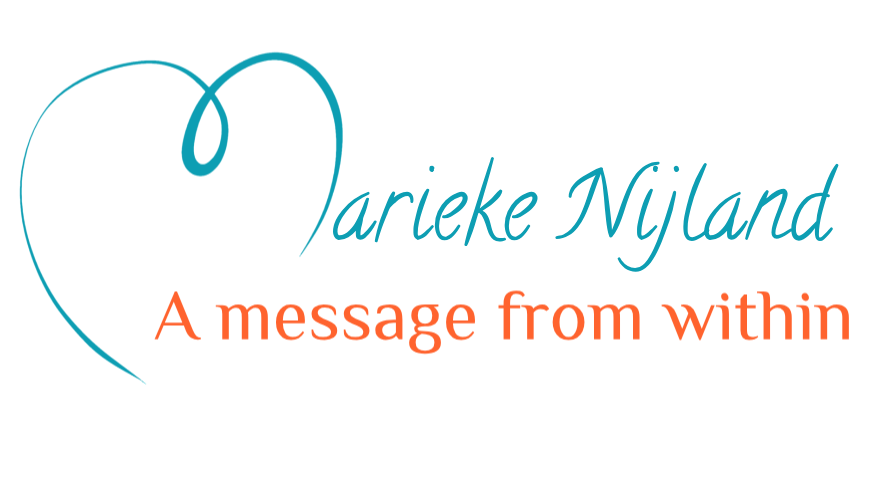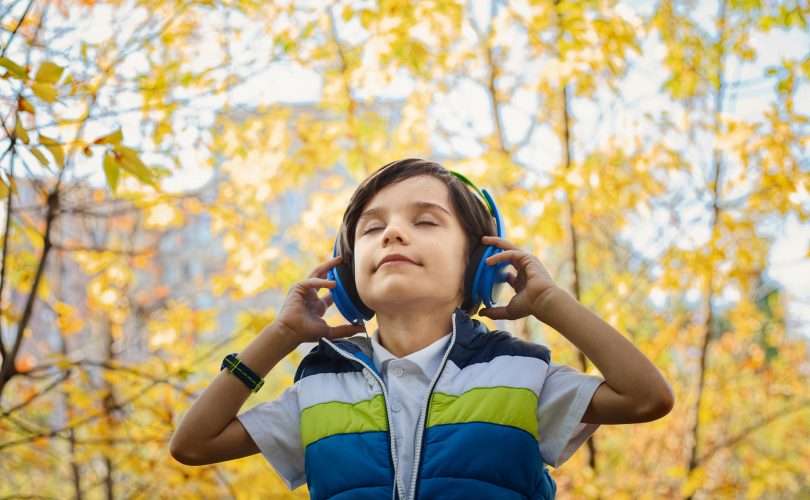Does this sounds familiar to you? Maybe you feel like your child is telling you this all the time. But how about ourselves, do we truly listen to each other? To our kids?
Where are all these attention and behavior difficulties coming from? Do all those kids have difficulties with keeping their attention? Or do we have a share in it too as adults, parents, society, who are not always giving them the full attention? Do we really listen to what they need or we just hear them and react in a way that is most convenient for us?
How often does it happen to you? Honestly, also for me it still happens during the day. Especially when I am caught up in the speed of daily life. Yes, I hear what the other is saying, but do I truly LISTEN?
When I am talking with my husband and he is telling his story about what happened that day, do I truly listen? Or I just hear the words and my mind is busy with what is on my shopping list for later or what did we plan again for tomorrow?
And while having a good talk with my friend, do I really listen without judgement and totally open to what she has to say? Or am I having my own opinion ready, my (unasked) advice, my thoughts on how she should handle things?
And if my daughter is asking for my attention, do I really listen to her needs? Or I just hear what she is saying and react in a way that is most convenient and easy for me?
Connected or disconnected?
By hearing each other, but not truly listening, we actually miss the real connection with each other, which makes relationships more and more superficial. We often don’t do it on purpose and may times we are not even aware of it. But….. You do feel it, right, when someone is not given you their full attention? I do, and I know it makes me feeling annoyed, sometimes sad or even upset and a sense of not feeling important enough.
When it happens to me that I am not truly listening, it is a sign for me that I am not fully aware and conscious in the moment. Since I have started using the Child in Mind method, it got even more clear to me that most of the time we are too busy in our minds to truly listen. And that is where the feelings of sadness, loneliness and the sense of disconnect is coming from nowadays.
In a Child in Mind attunement I often hear children say that they want more real attention, they want to be heard. That they feel everything is going so fast. That there is almost no time anymore to just be and let time pass instead of running around and having to go to the next thing. That they need more time to ground, they need to feel their body, to experience their senses. If we keep going and pushing them to follow the quick pace of society nowadays, we teach them to ignore those sensory impulses and loose the real connection with themselves. Yeah sure, they will definitely develop the brain, the cognitive functions, but those functions are of no use when you can’t deal with your emotions, your feelings and when you feel disconnected with who you truly are.
How to start truly listening?
So it’s a quiet common thing nowadays, but what can we do? What are smalls steps to start really listening to each other again? To reconnect, to deepen your relationships with your loved ones?
Just some of my tips:
- When someone starts to talk to you, say ‘wait a second’. Stop with what you are doing, make your hands free, take a deep breath and say “Yes, I am ready to listen to you. What do you want to say?” It will make a huge difference for yourself ánd for the other person.
- Try to consciously hear every word that the person is saying to you. Keeping focus on hearing the real words will help you not to wonder off with your mind and get lost in other things that pop up.
- Keep an open mind and don’t fill in the words while the other person is still talking. When you want to react, take a deep breath first and feel if it is necessary that you give a reaction or is the person still sharing his thoughts and doesn’t need your input (yet)?
- Try to respond, not react. Reacting is different as responding. Reaction happens from impulse, emotions are involved, you react from strongly imprinted habits. It is an old pattern. Responding means you become conscious of the moment, of what you are hearing. That you let it come in first and look at it with a new perspective. You don’t let emotions take over, but use your feeling and sense of connection with the other person to give your response.
- Attune yourself to the other person. Try to use your feeling, your intuition. What do pick up? What message is there behind the words? By training this, you will become more aware and receptive for little bits of information that you can get from this way of connecting with someone. And your conversation will likely get to a deeper level.
- With your child; ask yourself honestly if you are reacting in a way that is easy for you or do you really want to listen to what your child needs? And again…. say ‘wait a second’. Stop with what you are doing, make your hands free, take a deep breath and say: “Yes, I am ready to listen to you. What do you want to say?” See what happens with your child if you choose this way of responding more and more instead of reaction from your old pattern. I guarantee your child will start to show different behavior and will show more trust in you as a good listener. They will see you as someone who is there for them with their full attention, someone worth sharing their feelings with. And as a positive result, they may start to show some good listening skills as well 😉
Every new step starts with awareness of your own actions and consciously choosing to respond different. It is never easy to break a habit, but it’s definitely worth to try and see what positive outcome it may have!
And if you are wondering what will come up from truly listening what is going on at a deeper level, for yourself or your child, feel free to contact me or request an attunement right away.
Looking forward to hear from you . I promise you I will truly listen 🙂
With love,
Marieke Nijland
Child in Mind worker alias professional listener 😉

Listening is often the only thing needed to help someone.



